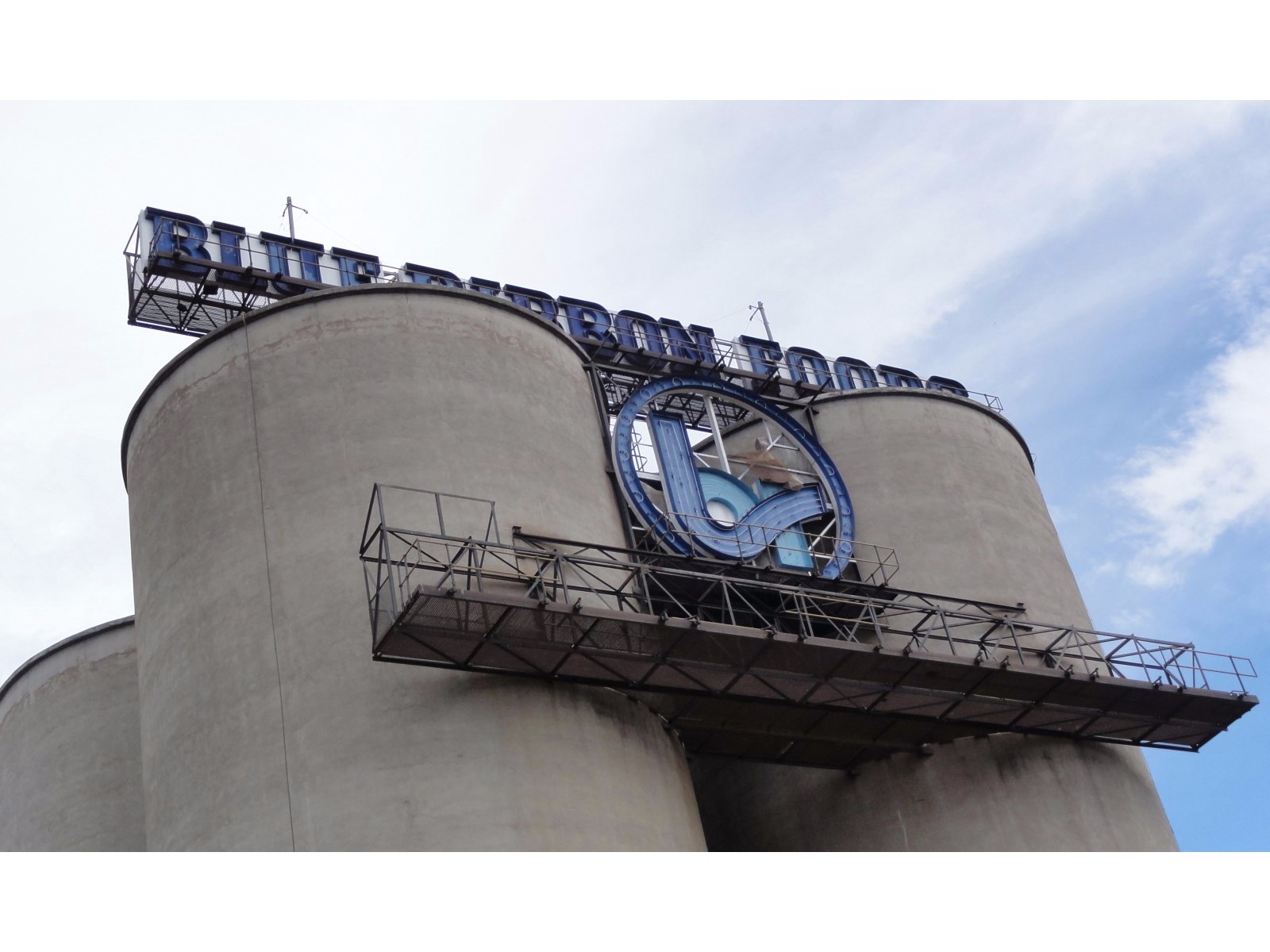FAST-MOVING consumer goods producer, Blue Ribbon Foods, says it is planning to revive its closed bakeries, which succumbed to a deteriorating economy.
More than 150 of the 250 bakeries that used to operate in the economy closed shop in the past few years due to harsh operating conditions such as lack of working capital, high production costs and antiquated equipment.
However, Blue Ribbon, which is on a recovery path after Tanzanian firm Bakhresa Holdings injected over $21,5 million into the company, said it would revive closed bakery operations that fell under the group.
"As Bakhresa Group we have various other investments that we ought to roll out, which include the resuscitation of the other currently non-operational business units like the Aroma and JA Mitchells bakeries which were under the former Blue Ribbon Industries flagship," the group's chief executive officer Mounir Bakhresa said during a tour of the company's $2 million milling plant in Harare.
Bakhresa took over Blue Ribbon in 2013 after the milling giant had closed owing to viability challenges.
The company had been placed under judicial management.
Since then, the Tanzanian behemoth with over $300 million in annual turnover has refurbished the Blue Ribbon Msasa milling plant and production is now in full throttle.
"We have since managed to purchase a new wheat mill plant from Turkey and the installation of the structural phase has already begun as you have seen, and commission of the new plant is expected to be mid this year," Bakhresa said.
The Bakhresa boss further indicated that his organisation has plans to invest in various sectors of the economy following the new political dispensation.
However, it is the revival of local bakeries that has seen industry players urging government to open the local market to more foreign investment.
Zimbabwe's baking industry is controlled by Lobels, Bakers Inn and Proton which have a 95 percent market share between them. The smaller bakeries control the balance.
The industry, which has an installed capacity of 1,8 million loaves a day, is currently operating at between 50 to 55 percent capacity.
Grain Millers Association of Zimbabwe chairperson, Tafadzwa Musarara, said vertical integration in the food industry was key for economic growth and job creation.
"We are short of bakeries and it's not sustainable to have three bakeries controlling 95 percent of the market. This has caused us to come up with a $5 million facility for small scale bakeries and millers as a stop gap measure to ensure that they are capitalised," he said.
A survey conducted by the National Bakers Association of Zimbabwe last year revealed that small and medium-sized bakeries form part of the formal economy, producing bread designed to meet the needs of both low-income households and middle-income earners.
Small to medium bakeries' greatest obstacles are outdated and aging equipment, the survey added.
"This means production techniques in a technologically evolving world are failing to cope. Evidence has shown that with new technology bakeries produce bread faster and at large quantities," the survey noted.
It is also indicated that limited access to financial services is a major impediment. Small and medium-scale bakeries are mainly funded through borrowings from family and friends.
The report also revealed that government should consider tax incentives especially for banks willing to fund fledgling enterprises, including bakeries.
It was also observed that the under-performance of the economy, high cost of production, depressed demand, lack of working capital and competition are stifling growth for bakeries.
"Efforts to revive the baking industry should largely be focused on addressing these factors. These are macro-economic factors which require policy intervention," added the survey.
Results also showed that the baking industry is highly oligopolistic as it is controlled by a few players.
Estimates suggest that bread produced by large bakeries is competitively produced, while only a small amount produced by small and medium bakeries is uncompetitive.
"This again points out that large bakeries are to some extent directly responsible for closures of small bakeries," explained the survey.
- Fin Gaz
 Zimbabwe launches new airline
Zimbabwe launches new airline  Hichilema meets Chivayo
Hichilema meets Chivayo  Millions celebrate Diwali festival in India
Millions celebrate Diwali festival in India  SA bitcoin firm mulls Zimbabwe listing
SA bitcoin firm mulls Zimbabwe listing  Gold edges up as traders await guidance
Gold edges up as traders await guidance  Airlink applies for Lanseria to Harare, Bulawayo route
Airlink applies for Lanseria to Harare, Bulawayo route  Young Investment Professional (YIP) Graduate Programme 2019
Young Investment Professional (YIP) Graduate Programme 2019 











 Young Investment Professional (YIP) Graduate Programme 2019
Young Investment Professional (YIP) Graduate Programme 2019
Editor's Pick